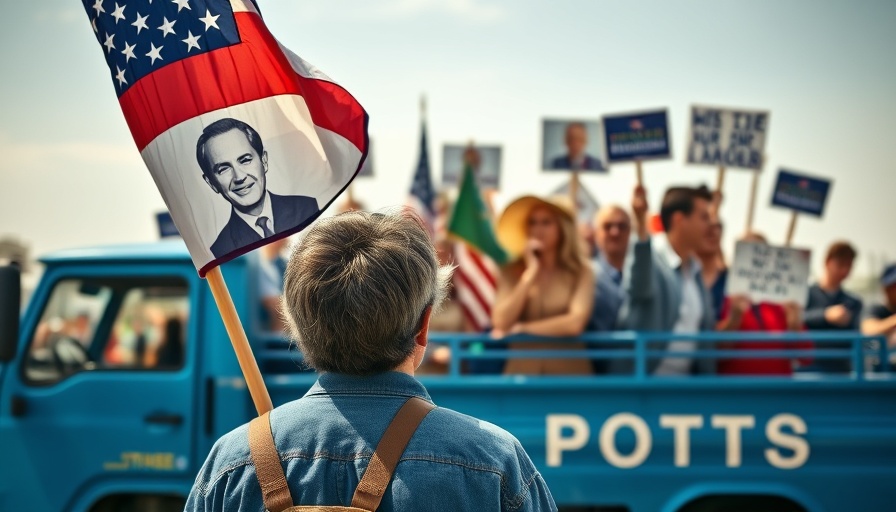
The Political Storm Surrounding Bolsonaro's Trial
The trial of former Brazilian President Jair Bolsonaro has captured widespread attention as it nears its conclusion. The Supreme Court's proceedings accuse Bolsonaro of attempting to undermine democracy after losing the 2022 elections. With closing arguments set for September 12, the final phase of the trial is not only pivotal for Brazil but is also drawing international scrutiny, particularly from U.S. President Donald Trump, who supports Bolsonaro and criticizes the legal actions as politically motivated.
International Implications: A Foreign Influence?
Bolsonaro's case underscores the intertwining of domestic politics and international relations. As Supreme Court Justice Alexandre de Moraes noted, there have been attempts to influence the judicial process from outside Brazil, which raises concerns about national sovereignty. This has led to drastic retaliatory measures from Trump, including heavy tariffs on Brazilian goods and sanctions affecting Brazilian judges. Such actions signify the broader implications of this trial, not just for Brazil but for political dynamics across nations.
Understanding the Allegations: A Closer Look
The crux of the accusations against Bolsonaro is his alleged formation of a “criminal organization” aimed at retaining power beyond his electoral defeat. This allegation serves as a critical point of contention, reflecting fears about Brazil's democratic integrity. Supporters of Bolsonaro maintain that he is a victim of political persecution, a narrative bolstered by Trump's interference and the media's portrayal of the trial.
Public Sentiment: The Fine Line Between Support and Discontent
Public reactions to Bolsonaro's trial are deeply divided, mirroring the country's polarized political landscape. While some view the trial as a necessary action to uphold democracy, others see it as an infringement on the will of the people. The outcome of this trial may influence not only Bolsonaro's political future but also set a precedent for future leaders in Brazil and beyond.
The Role of Media and Misinformation
As the trial progresses, the role of media in shaping public perception cannot be understated. Misinformation has permeated discussions surrounding Bolsonaro’s case, complicating the public’s understanding of the situation. Media narratives, especially those influenced by external powers, can significantly impact the political climate and sway opinions. It is crucial for consumers of news to seek out balanced reporting to navigate through the noise surrounding this high-profile trial.
Future Political Landscape: What Lies Ahead?
The outcome of this trial will have lasting implications for Brazil’s political future. If Bolsonaro is convicted, it may galvanize opposition forces and reshape electoral alliances in future elections. Conversely, an acquittal could embolden his supporters, reinforcing populist movements across Latin America. This trial is a pivotal moment that could redefine political norms in Brazil and determine the direction of its democratic processes.
Understanding the Broader Context of Political Trials
Political trials are not unique to Brazil. Many countries have faced similar situations where leaders or former leaders confront legal challenges that reflect broader societal issues. Such trials often reveal underlying tensions within a society regarding governance, accountability, and civil liberties. Observers around the world will closely monitor the proceedings in Brazil, as their implications could resonate within their own nations.
Conclusion: The End of an Era or a New Beginning?
The verdict in Bolsonaro's trial won't just affect his fate; it will shape public trust in Brazil’s democratic institutions and set a precedent for political accountability. As the closing arguments draw nearer, many will be watching, eager to see how this conflict resolves. The outcome may also offer lessons in governance and justice that resonate well beyond Brazil's borders.
 Add Row
Add Row  Add
Add 



Write A Comment